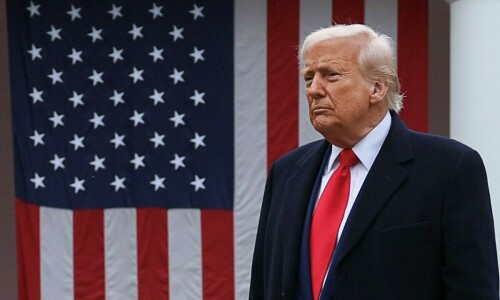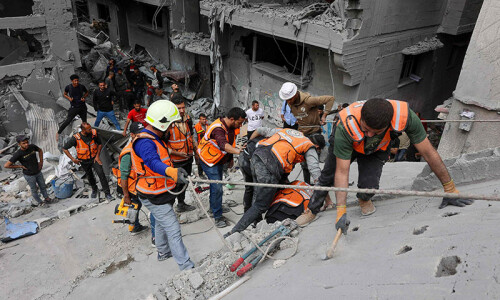Burqa banned in China's Xinjiang

China has banned the wearing of burqas in Urumqi, the capital city of Xinjiang, where a majority of Muslims reside, said a report published on The Telegraph.
Residents have been banned from wearing burqas in the city of 3.1 million people, in "an effort to curb growing extremism," state media had announced earlier this week.
Xinjiang is home to the Uighurs, a largely Muslim, Turkic-speaking group as well as a growing number of Han Chinese migrants who have poured into the region which borders Pakistan, Afghanistan and Kazakhstan.
"Burqas are not [a] traditional dress for Uighur women, and wearing them in public places is banned in countries such as Belgium and France," reported Xinhua, China's official news agency.
Recently, there has been a rise in deadly clashes in China, which Beijing describes as Islamic terrorism. However, some experts claim that these clashes are due to ethnic tensions between Uighurs and Han Chinese migrants.
The Chinese leadership insists that religious fanaticism is the driving force behind the recent rise in bloodshed. On the other hand, human rights groups argue that the government violates the Uighurs' rights to freedom of worship.
The groups also say that the Community Party's rigid policies on religion are serving to further radicalise Muslim youth in the region.
Xinjiang's Communist Party chief Zhang Chunxian recently urged officials to "brandish the sword and advance against terrorists in a full-on approach".
In May last year, Beijing commenced a so-called "people's war on terror" following a market bombing in Urumqi which left 31 people dead.
More on this: Anti-terror drive launched in Xinjiang after bombing
Earlier this week, police in another part of Xinjiang stated that they had killed six "attackers" who had been attempting to launch an attack with bombs strapped to their bodies.











































